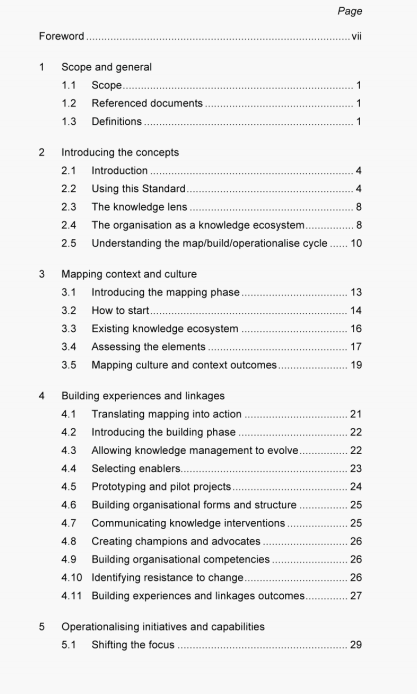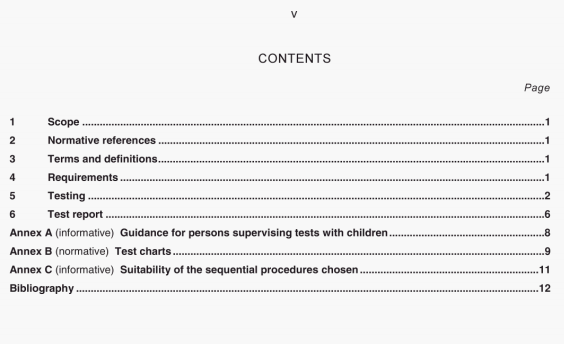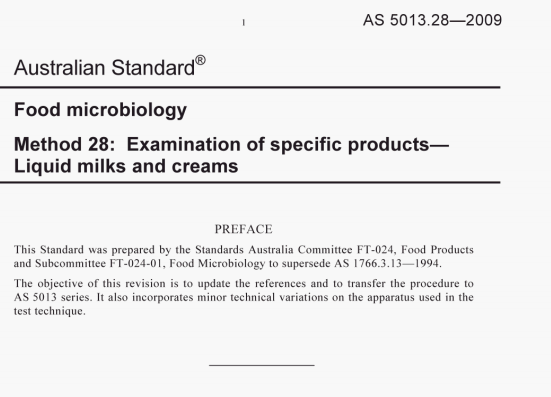Abstract: AS 1428.5:2021 pdf download.Design for access and mobility Part 5: Communication for people who are deaf or hearing impaired. 1.3.23 simulated speech synthetic speech material that contains the features of speech in terms of its components,...
AS 1428.5:2021 pdf download.Design for access and mobility Part 5: Communication for people who are deaf or hearing impaired.
1.3.23
simulated speech
synthetic speech material that contains the features of speech in terms of its components, frequency, amplitude, and temporal characteristics, but has no recognizable intelligibility, as specified in ITU-T Recommendation P.50 09/99
Note 1 to entry: For the purpose of this document, simulated speech Is the male speech specified In ITLJ-T Recommendation P.50 09/99, Artificial voices.
1.3.24
sound field amplification system
specialized amplified sound system that provides low-level amplification, more even distribution of sound (compared to traditional amplification systems) through the room, and reduces the effects of reverberation
Note I to entry: Sound field amplification system was traditionally used in a classroom.
1.3.25
speech intelligibility
measure of the proportion of the content of a speech message that can be correctly understood
1.3.26
stetoclip
alternative to headphones that couples sounds to both ear canals of the user and sits under the user’s chin (rather that over the head like headphones) and is inserted in both ears
Note 1 to entry: Typically, a stetoclip has a cable from the sound source below the chin to each ear, and the sound source is
electrically driven.
Note 2 to entry: Stetoclip is also spelled as stethoclip.
1.3.27
T-switch
switch that activates the telecoil in the hearing device
Note 1 to entry: The switch is commonly a push-button on the hearing device to select the telecoil program, or a button on a remote control for the hearing device.
Recommended:



